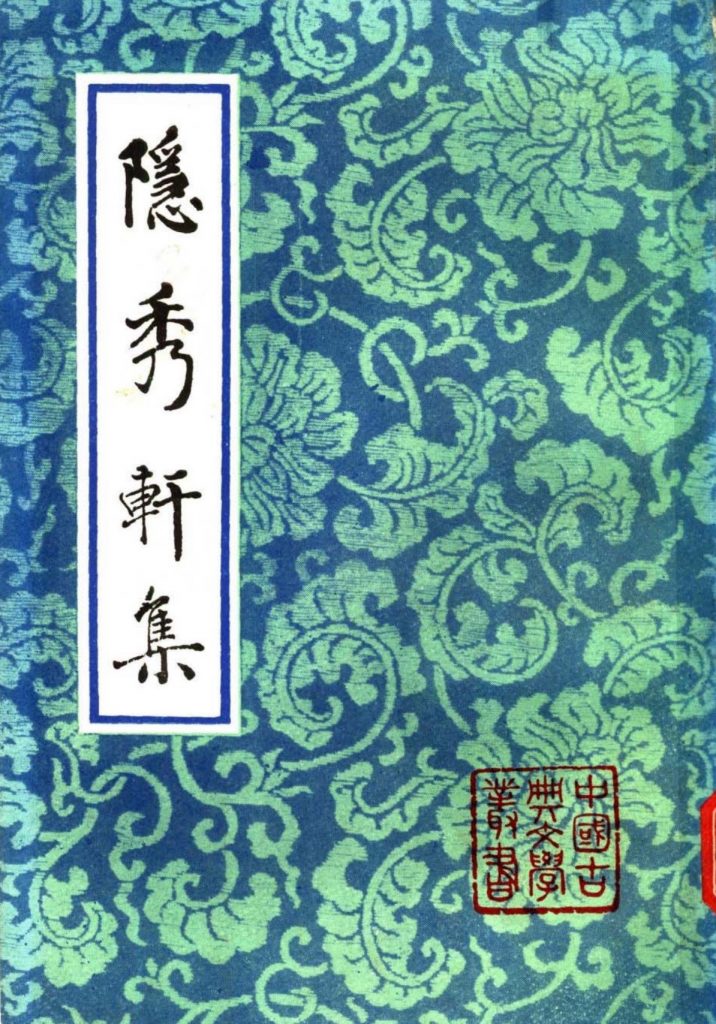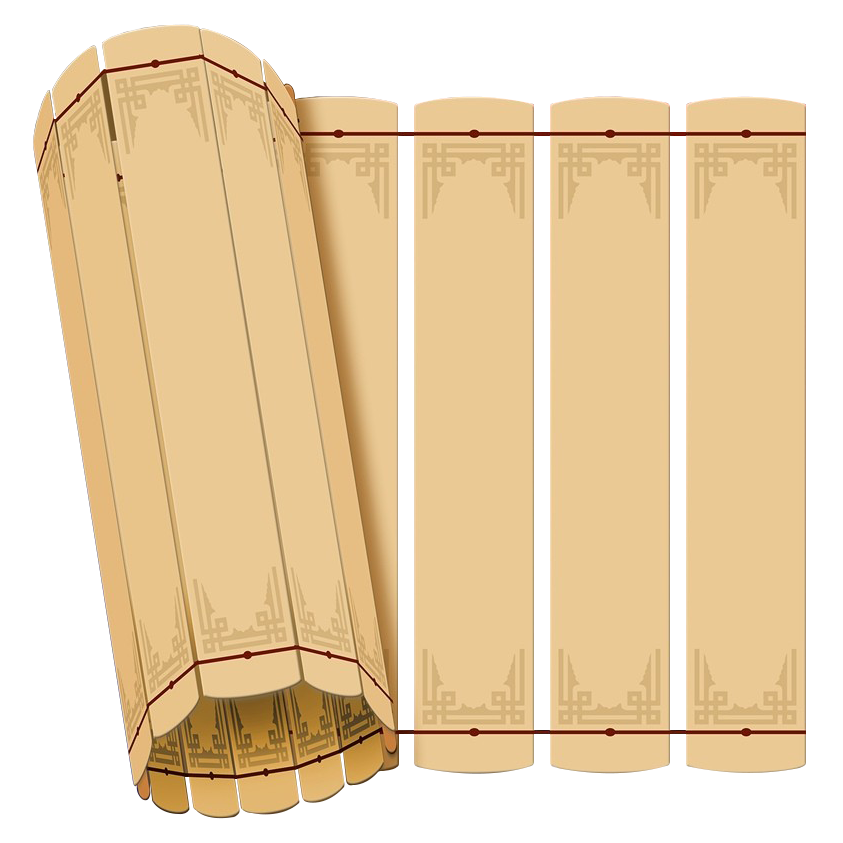《The Collection of Yinxiuxuan》
Collection of poetry. Regardless of volume, there are 33 episodes. Published during the Tianqi period of the Ming Dynasty. The author Zhong Xing (1574~1624), whose courtesy name was Bojing, was also known as Zhigong, Tuigu and Tui’an. A native of Jingling, Huguang. In the thirty-eighth year of Wanli’s reign, he became a Jinshi and came to Fujian to study and serve. He was the leader of the “Jingling School” in literary circles in the late Ming Dynasty. Yu opposed imitating the past in his poetry and prose, but regarded the works of the Gong’an School as frivolous, advocating profundity, solitaryness, and pursuing formal sophistication. His works include “Shi Huai”, “Explanation of Mao’s Poems”, “Mr. Zhong Bojing’s Posthumous Manuscripts”, and compiled “Shi Gui”, “Ming Shi Gui”, “Ming Ai Shi Gui”, etc. There are also various novels written by Xingxing that describe ancient historical events, which are actually false trusts by later generations.
《The Collection of Yinxiuxuan》is numbered into 33 episodes according to the font names such as Tiandi Xuanhuang. It was banned and destroyed during the Qianlong period of the Qing Dynasty. There are two reasons for the ban: First, there is an article in the book “Recommendations for the Fallen Soldiers of Liaodong”, which expresses condolences for the more than 40,000 Ming Dynasty soldiers who died tragically in the battle with Nurhaci in the 47th year of Wanli Dynasty and prays to God for mercy. Their souls ascend to heaven early. The article mourned the wronged souls of the Jurchens, and in its grief and anger, it also cursed the words “rampant Jurong”, which was actually a curse on Nurhaci, the ancestor of the Manchu Qing Dynasty. The imperial edict issued in the 41st year of Qianlong’s reign pointed out: “The collection of books written by people in the Ming Dynasty, and those whose words contradict the meaning of this dynasty, should be destroyed.” Naturally, this book is doomed. The second is that Zhong Xing took the lead in finding a new approach in the literary world of the late Ming Dynasty, ignoring the orthodoxy of ancient prose and advocating that literature should express the soul and express true personality, thoughts and feelings. These are contrary to the orthodoxy of literary creation. In the fifty-third year of Qianlong’s reign, the Holy Ancestor of the Qing Dynasty said in an edict: “I only govern the world based on the people’s hearts and customs. If you want to rectify people’s hearts and promote customs, you must respect the classics and be strict with unsage books. This is a difficult truth.” “Therefore, we will naturally punish the heresies in Zhong Xing’s and others’ thoughts, actions, and doctrines together. Therefore, some people say that they are “little people without scruples”, some people say that their works are “mostly based on subtlety and mystery,” and some people simply scold Zhong Xing as a “poetry monster”. In this way, Zhong Xing, who had a great influence on the literary world of the late Ming Dynasty, and whose collection of poems and essays “the world followed” for more than 30 years, was actually regarded as abnormal in the eyes of the Manchu rulers of the unorthodox Yi tribe. Orthodox heresies were denounced and burned.




